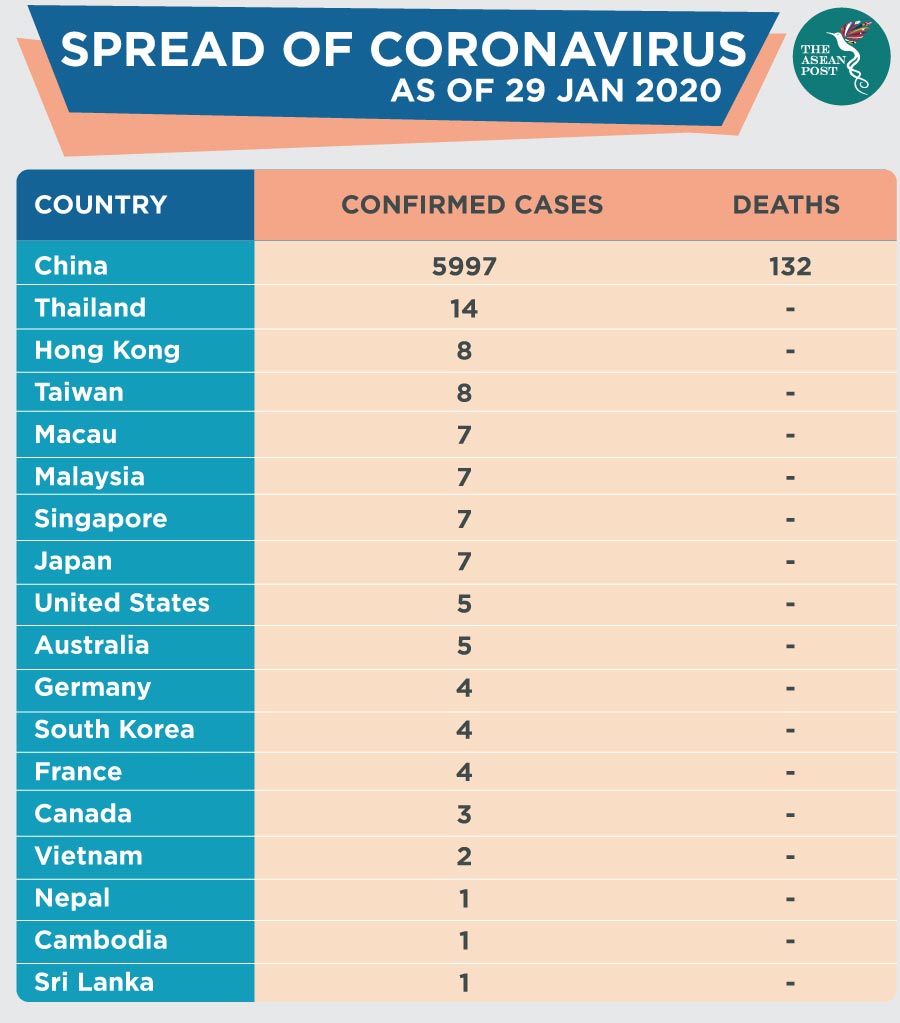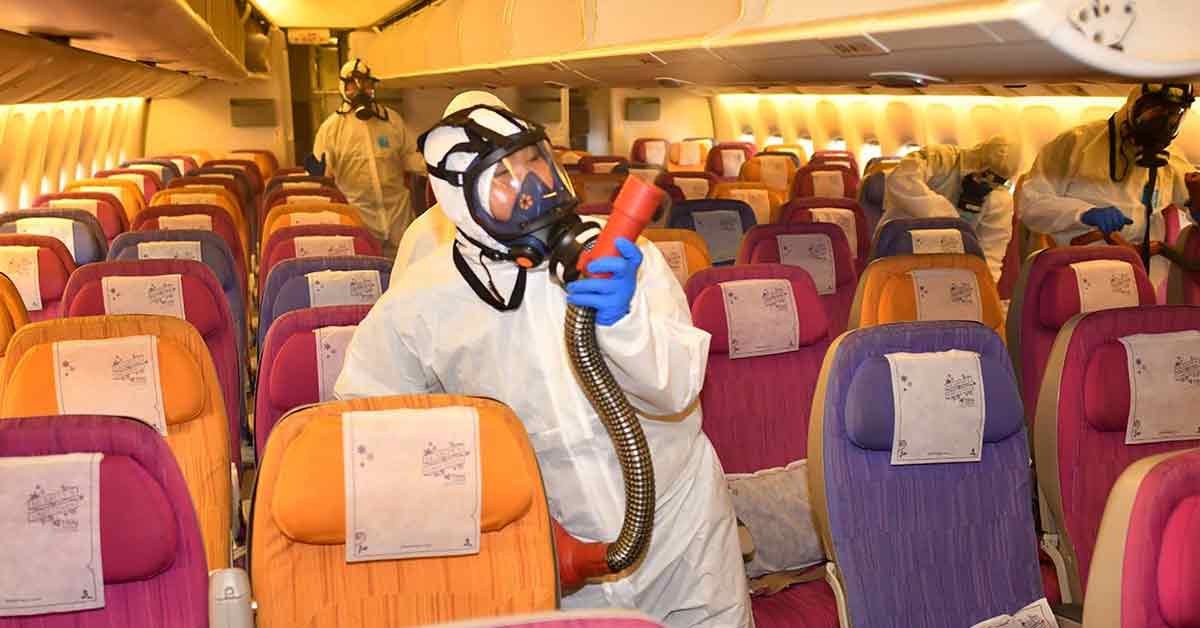The novel coronavirus, originating from Wuhan, China, has shaken the world. The outbreak hasn’t just affected China nor the Southeast Asian region, as even countries like Germany are reporting that they have identified patients suffering from the virus.
The World Health Organization (WHO) has stopped short of declaring the novel coronavirus outbreak in China a public health emergency of international concern, or (PHEIC).
However, on Monday, the WHO did admit an error in its assessment of the global risk of the virus, saying it was "high" and not "moderate". The Geneva-based United Nations (UN) health agency said in a situation report published late Sunday that the risk was "very high in China, high at the regional level and high at the global level."
In a footnote, the WHO explained that it had stated "incorrectly" in its previous reports on Thursday, Friday and Saturday that the global risk was "moderate". Nevertheless, the correction of the global risk assessment does not mean that an international health emergency has been declared.
The reason for caution is that declaring a global public health emergency can unnecessarily affect trade and tourism and imply that a country cannot control the disease on its own. The Chinese have already responded by quarantining 41 million people in 13 cities.
Many countries have already started to ban flights from China and have stepped up screening efforts at their airports. Malaysia is the latest ASEAN member to join the growing number of countries that have imposed a temporary ban on Chinese nationals arriving from the city of Wuhan and surrounding Hubei province.
Authorities in the Philippines have also banned flights coming in from Wuhan, as well as sent back 500 Chinese tourists who came from the city amid concerns of the deadly virus.

A region rife with human trafficking
It is important to note that while Southeast Asian countries are stepping up efforts to prevent the novel coronavirus from entering their countries, their governments’ efforts may be hampered.
Authorities are able to increase border patrols, step up screening efforts, block people from Wuhan from entering the country, and even send back some Chinese tourists. These are indeed effective methods to battle the novel coronavirus. However, the region has also long been contending with the issue of human trafficking.
The battle has been raging for every ASEAN country in the region, and while some governments have been more successful than others, every ASEAN member state continues to face challenges.
The Asia Pacific, in fact, might be facing a bigger problem than the rest of the world when it comes to human trafficking. According to the 2016 Global Slavery Index by Walk Free, some 25 million people are trapped in modern slavery in the Asia Pacific region. This accounts for 62 percent of the estimated global total.
The United States (US) Department of State’s Trafficking in Persons reports for 2018 and 2019, paint a grim picture for most ASEAN countries in terms of human trafficking with the exception of the Philippines. The report for 2020 is yet to be published.
Countries such as Brunei and Cambodia dropped from Tier 2 to Tier 2 Watchlist while most countries maintained their previous placings, largely located within Tier 2. The Philippines is the only ASEAN country that managed to continue being placed in Tier 1. Myanmar performed the poorest and is placed in Tier 3.
Human trafficking, by its very nature, happens under the noses of most governments where illegal immigrants are brought into the country through unlawful means. Considering the fact that the novel coronavirus has affected several different countries, how confident are we that the many illegal immigrants who slip past our borders every day haven’t already contracted the deadly virus? And if this is indeed the case, how long will it take to locate these people and quarantine them before they get lost in the general population?
Governments may be able to effectively monitor who comes in and goes out of their respective countries legally. But what about those who slip in under the radar and remain a serious concern, especially now? The novel coronavirus just serves to highlight the deadly consequences that could arise when existing problems like human trafficking are not dealt with swiftly.
Related articles:
